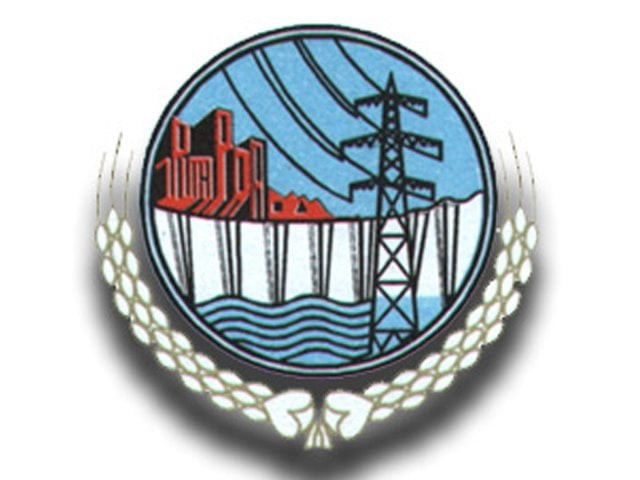Audit report reveals massive irregularities in WAPDA
Financial mismanagement a deep-rooted problem in authority.

The report uncovered nearly 27 cases of embezzlement of public money, theft and fictitious payments. PHOTO: FILE
Billions of rupees have reportedly been misappropriated or wasted by the Water and Power Development Authority (Wapda) during recent years due to the lack of financial discipline, sheer negligence, mismanagement and malpractice, a draft audit report from the auditor general’s office for fall 2011-12 disclosed.
The report uncovered nearly 27 cases of embezzlement of public money, theft and fictitious payments amounting to Rs512 million. The report revealed a total 121 cases of irregular expenditures and payments and violation of rules, amounting to a staggering Rs124 billion. Nearly 43 cases pertained to recoveries amounting to Rs5 billion, while 23 cases regarding lack of internal control summed up to Rs54 billion. The audit also uncovered 17 cases that caused the loss of Rs18 billion to the authority. The audit additionally accused Wapda officials for not producing records for Rs988 million missing in three different cases. One case regarding the non-reconciliation of expenditures amounting to Rs644 million was also unearthed by the audit.
Revealing deep-rooted apathy, the report said that five contracts with a contract price of Rs2 billion were awarded to contractors during May 2006 to March 2007 for the Mangla Dam Raising Project. These contracts were later terminated due to the slow pace of work, and subsequently scrapped and awarded to other contractors with an additional contract price of Rs5 billion that were incurred as extra costs. On top of that, the new contractors’ and authority’s lack of adherence to the clauses of the contracts resulted in the non-recovery of another Rs3 billion.
In this regard, the management stated in its defence that work was under progress on the project, and that it was difficult for Wapda to ascertain actual extra expenditures. Hence, they said, the recovery could not commence instantly according to the procedures laid down.
The auditors retorted that most of the work being executed for the last four to five years had still not been completed. They suggested that Wapda should safeguard its interests through adequate risk coverage in the shape of valid bank guarantees and performance bonds, etc.

The Departmental Accounts Committee (DAC), in its meetings between December 19-26, 2011, had directed the management to calculate excess costs and file a recovery suit against defaulting contractors; besides talking all punitive actions as per contract provisions. The audit has recommended that the directives of the DAC should be implemented.
In another matter, it was noticed that Wapda had paid Rs1 billion as a mobilisation advance to a contractor on October 30, 2006 and December 9, 2006 for the Kachhi Canal project .The recovery of that amount was required to be made up to Interim Payment Certificate (IPC) No 29 of April, 2009. However, the actual amount recovered up to May 20, 2011 was only Rs893 million. The remaining amount of Rs352.329 million had not been recovered till then.
The delay in the full recovery of the principle amount of the mobilisation advance also resulted in the non-recovery of Rs63 million accrued on account of interest. The matter was taken up by auditors with the project management in October 2009, and reported to the Ministry of Water and Power on December 8, 2011 .The management had explained that due to drastic cash flow problems and high inflation in the market, the recovery of mobilisation advance had been deferred.
The reply was not tenable to auditors, as the deferment of recovery was against the provisions of the contract. The management has been advised to recover the outstanding amount and fix responsibility for its non-recovery.
Published in The Express Tribune, January 20th, 2013.
Like Business on Facebook to stay informed and join in the conversation.



















COMMENTS
Comments are moderated and generally will be posted if they are on-topic and not abusive.
For more information, please see our Comments FAQ